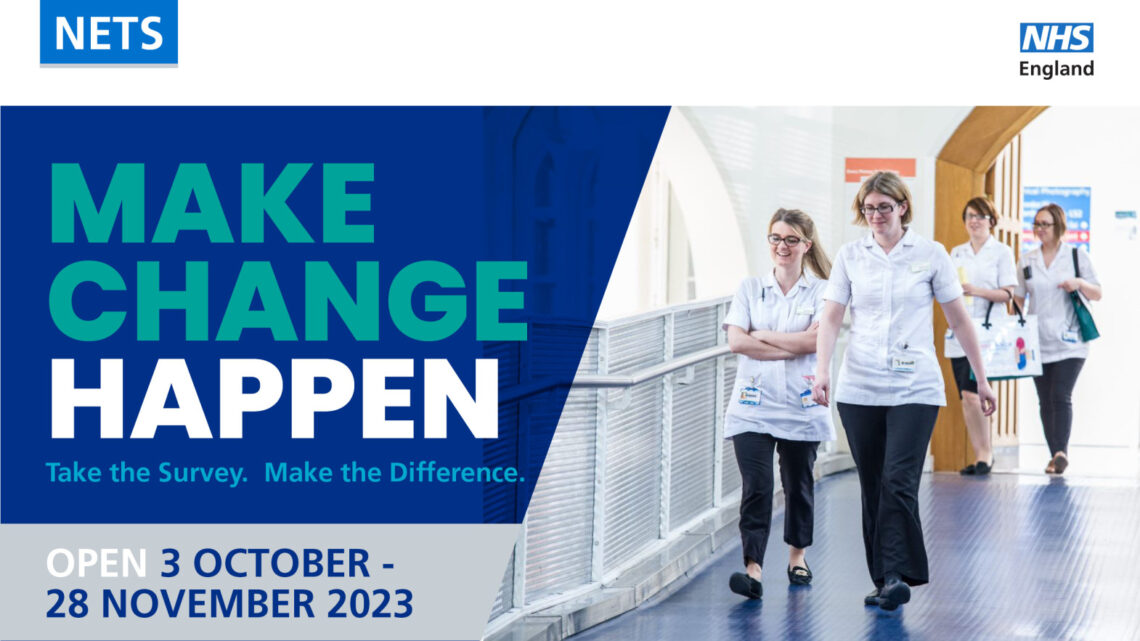
We have an opportunity for a BAPO member to attend a forum where AHP colleagues can discuss and share anything about digital and informatics.
The group will meet every 7/8 weeks. It is an informal, open space to share what has been going on within our own profession but also to establish opportunities to collaborate and learn from other professions. There is no agenda but it is a forum to ask questions and share our thoughts together. There will be colleagues from every AHP professional body. There may also be a potential future digital AHP conference or networking group.
The individual will need to have an understanding of the digital agenda, and a passion to represent BAPO in this space by contributing to a wider MDT forum. This is a great opportunity to learn and develop your skills.
If this is something you would be interested in, please contact enquiries@bapo.com.
 .
.